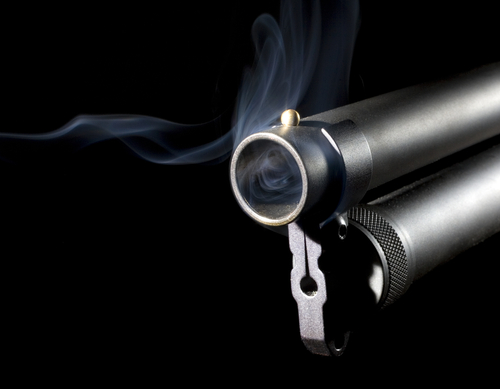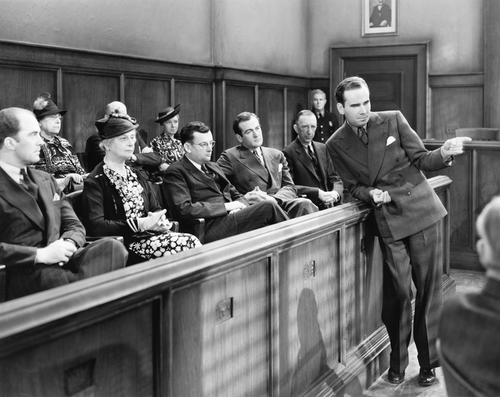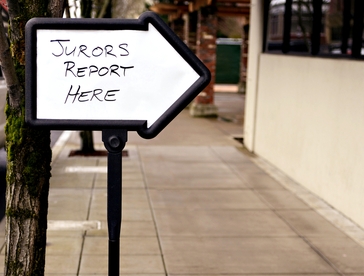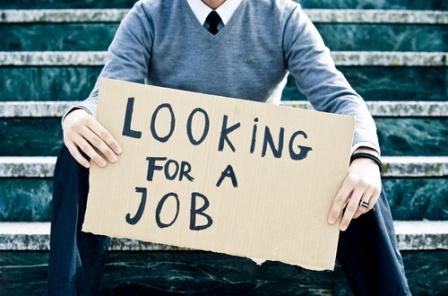Sergey Aleynikov fought the law, and the law lost—again.
Judge Ronald A. Zweibel of the New York Supreme Court has thrown out a raft of evidence originally gathered by the FBI for federal prosecution and later offered by state authorities attempting to prosecute Aleynikov for trade secrets theft. Finding no probable cause for Aleynikov’s original arrest, the court also faulted the feds for turning evidence over to the Manhattan district attorney instead of giving it back to Aleynikov. READ MORE










